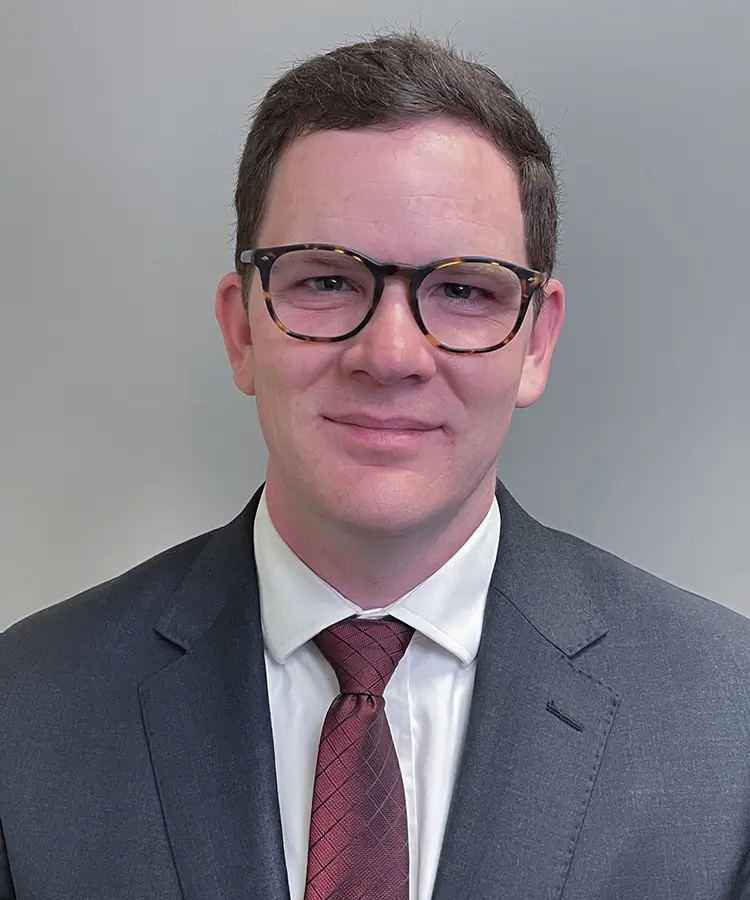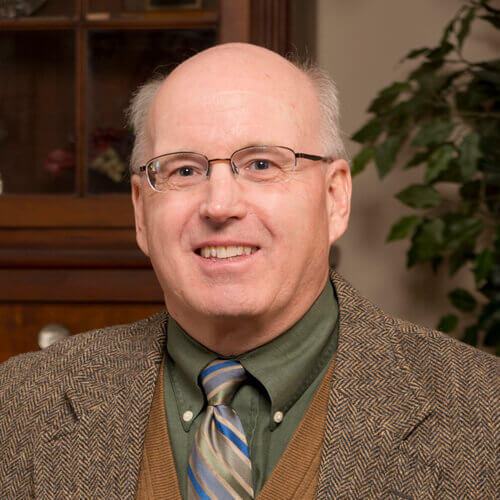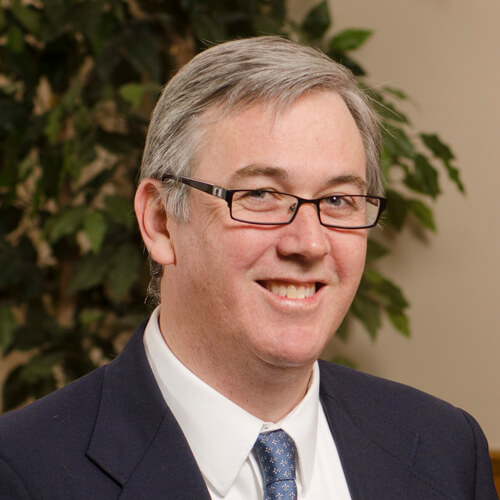Why study Philosophy at MC?
Studying Philosophy at Maryville College prepares you for life and the world. It will challenge and equip you to tackle the “big issues”: about what’s real and what isn’t; about what and who you are; about how we should live with one another and what makes life worthwhile.
To tackle those issues well, you will learn practical skills you can take with you wherever you go and whatever you do. For instance, our Philosophy classes teach you to read and listen carefully to others, to analyze ideas and test arguments, to see problems in their complexity and appreciate a range of solutions. You will also learn to make up your own mind, and to communicate your ideas with clarity and precision.
Studying philosophy can open up exciting and surprising career paths. Our faculty and professional career counseling staff can help you find the right opportunities for significant practical experiences that will deepen your sense of direction in life.
Philosophy equips you to pursue virtually anything your passion and interest draw you toward.
Come pursue Philosophy with us!
A liberal arts education is literally about the “arts of freedom.” To be truly free, requires one to question and to think for oneself. Philosophy, which literally means the “love of wisdom,” lies at the heart of a liberal arts education because it asks students to question, explore, and pursue truth wherever it may lead. In philosophy, rigor, honesty, and humility are requisite to exploring questions about reality and truth, justice and morality, life and death, language and culture, society and politics, and God and the meaning of existence. Students who major or minor in Philosophy learn to think and write critically, and to read and analyze texts carefully. Such skills are excellent preparations or professions in law, politics, business, education, ministry, and medicine.
ON CAMPUS OPPORTUNITIES
The Philosophy Club provides students with the opportunity to openly discuss philosophical ideas and take philosophy out of the classroom and into the world. In an informal gathering of friends, open to anyone who has an interest in philosophy, the Philosophy Club hosts regular discussions on a wide range of topics.
Meet a Current Scot

Alina Rosati
Hometown: Loudon, Tennessee
Having spent part of her childhood as a military brat, Alina credits her worldly experience with spurring her interest in philosophy.
“My family is still very spread out, so I travel a lot, and that taught me that plurality is reality, and no one way of living is ‘correct,'” said said. “I also found that philosophy helped me pragmatically in the workplace to better understand and navigate various demographics.”
She’s a passionate advocate of philosopher Hannah Arendt, but her favorite quote is one by Foucault: “Perhaps the role of the philosopher at present, is not to be theoretician of totality, but the diagnostician … of today.”
“I think the more I understand about what causes friction between humans, the better equipped I will be to ease that friction,” added Rosati, who’s considering either graduate school or law school after receiving her diploma from Maryville College.
Meet a Recent Grad

Ellison Berryhill ’12
Currently: Assistant Public Defender, Nashville Defenders Office in Nashville, Tennessee
After MC, Ellison was accepted into Duke University School of Law, where he worked on the Wrongful Convictions Clinic and was editor-in-chief of the Duke Forum for Law and Social Change. Earning his juris doctor degree in 2015, he later clerked for judges, joined the Tennessee Attorney General’s Office and spent four years with the 18th Judicial District Public Defender’s Office. His research and publications have advocated for a fairer criminal legal system, and he credits his success in law to the Philosophy major. “The logical and persuasive skills I learned in philosophy classes help me make arguments to district attorneys and judges,” he said.
Ellison also credits MC’s liberal arts approach for giving him the soft skills needed to meet people where they are in order to best represent them.


